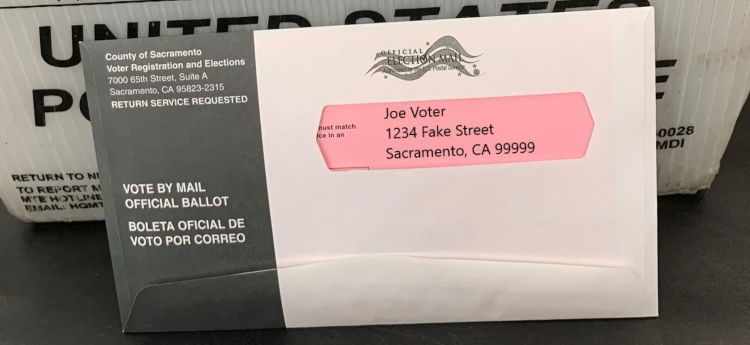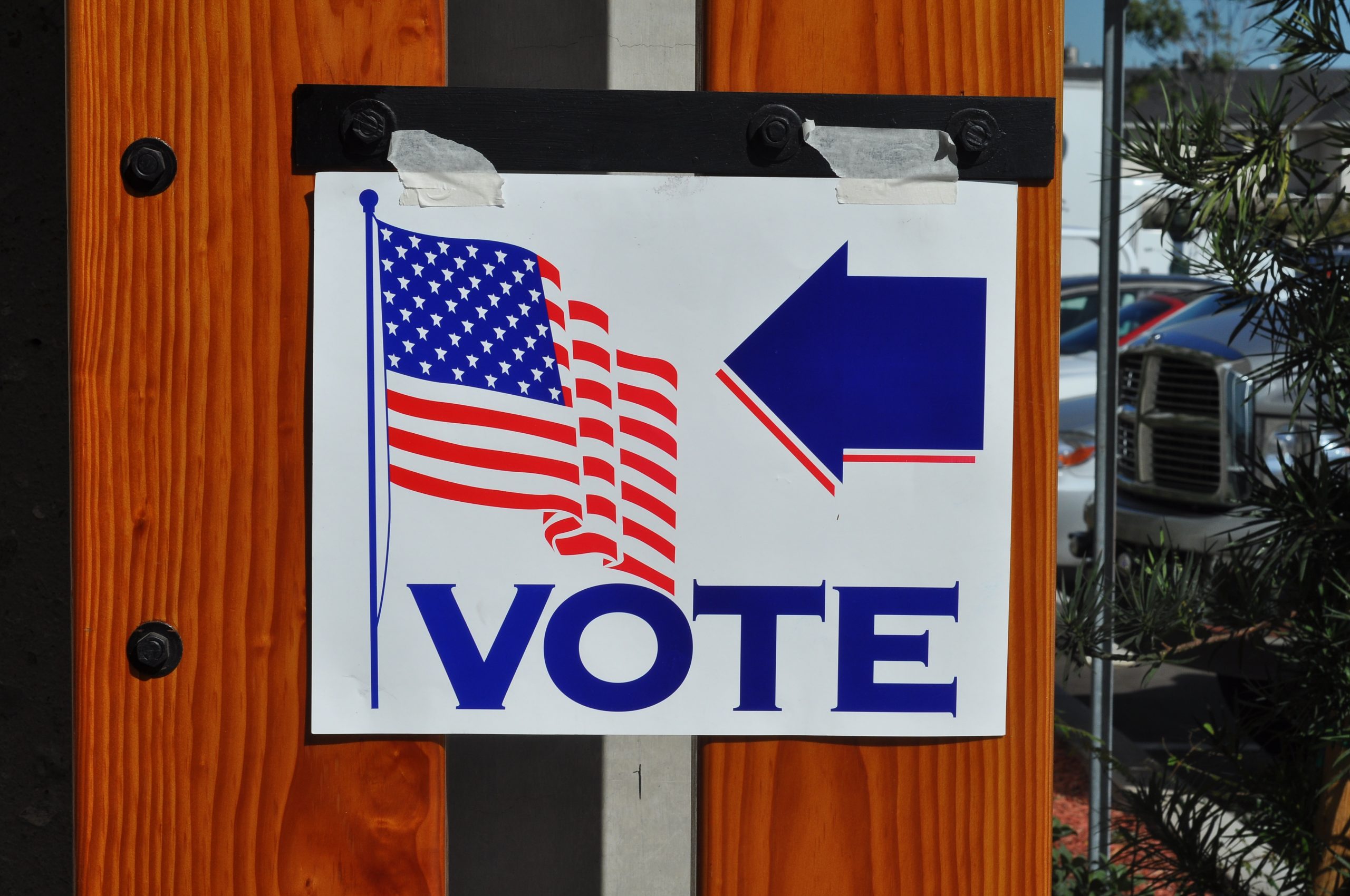
Sacramento County Vote by Mail Official Ballot. (Photo: Saccounty.net)
California’s Conditional Voter Registration
If a conditional registration is deemed effective, the elections official must include the corresponding ballot in the official canvass
By Chris Micheli, February 17, 2022 6:53 am
California’s Elections Code provides a conditional voter registration program. It is contained in Division 2, Chapter 2, Article 4.5 and contains Sections 2170 – 2173. Section 2170 defines a “conditional voter registration” to mean “a properly executed affidavit of registration that is delivered by the registrant to the county elections official during the 14 days immediately preceding an election or on election day, and which may be deemed effective pursuant to this article after the elections official processes the affidavit, determines the registrant’s eligibility to register, and validates the registrant’s information.”
In addition, an elector who is otherwise qualified to register to vote under this code and Section 2 of Article II of the California Constitution may complete a conditional voter registration and cast a provisional ballot during the 14 days immediately preceding an election or on election day.
A conditional voter registration must be deemed effective if the county elections official is able to determine before or during the canvass period for the election that the registrant is eligible to register to vote and that the information provided by the registrant on the registration affidavit matches information contained in a database maintained by the Department of Motor Vehicles or the federal Social Security Administration.
The county elections official is required to offer conditional voter registration and voting with all of the following procedures:
- The elections official must provide conditional voter registration and voting at all permanent and satellite offices of the county elections official and all polling places in the county.
- The elections official must advise registrants that a conditional voter registration will be effective only if the registrant is determined to be eligible to register to vote for the election and the information provided by the registrant on the registration affidavit is verified.
- The elections official must conduct the receipt and handling of each conditional voter registration and offer and receive a corresponding ballot in a manner that protects the secrecy of the ballot and allows the elections official to process the registration, determine the registrant’s eligibility to register, and validate the registrant’s information before counting or rejecting the corresponding ballot.
- After receiving a conditional voter registration, the elections official must process the registration, determine the registrant’s eligibility to register, and attempt to validate the registrant’s information.
- If a conditional registration is deemed effective, the elections official must include the corresponding ballot in the official canvass.
After receiving a conditional voter registration, the elections official is required to provide a provisional ballot in accordance with the following procedures:
- If the elections office, satellite office, or polling place is equipped with an electronic poll book, or other means to determine the voter’s precinct, the elections official must provide the voter with a ballot for the voter’s precinct if the ballot is available.
- If the elections official is unable to determine the voter’s precinct, or a ballot for the voter’s precinct is unavailable, the elections official must provide the voter with a ballot and inform the voter that only the votes for the candidates and measures on which the voter would be entitled to vote in the voter’s assigned precinct may be counted.
- If the elections official is able to determine the voter’s precinct, but a ballot for the voter’s precinct is unavailable, the elections official may inform the voter of the location of the voter’s polling place.
Section 2171 provides that a conditional voter registration accepted under this article must include specified information. A conditional voter registration accepted under this article is processed in accordance with general voter registration procedures.
Section 2172 requires the elections official to cancel any duplicate voter registrations that may exist as a result of a conditional registration deemed effective. If it appears that a registrant may have committed fraud, the elections official is required to immediately notify in writing both the district attorney and the Secretary of State.
Section 2173 provides that a person who commits fraud in the execution of a conditional voter registration pursuant to this article will be punishable by imprisonment in the county jail for up to one year, or a fine up to $25,000, or by both that fine and imprisonment. Such a person can also be subject to a civil fine of an amount up to $25,000 in an action brought by the Secretary of State or any public prosecutor with jurisdiction.
- Committee Versus Floor Lobbying - March 1, 2026
- Fishing Traps in California - March 1, 2026
- What Type of Lobbyist Do You Want to Be? - February 28, 2026




